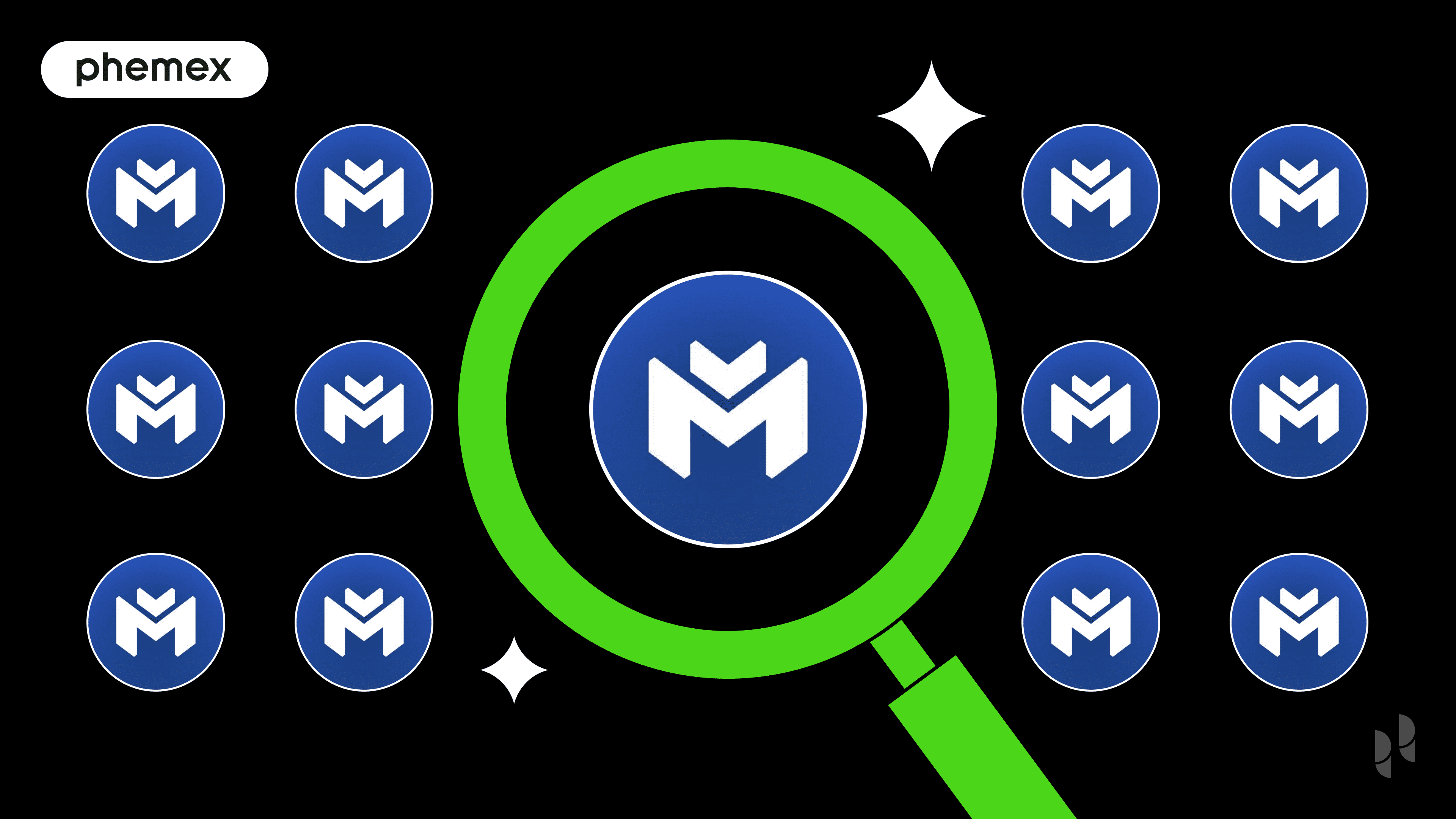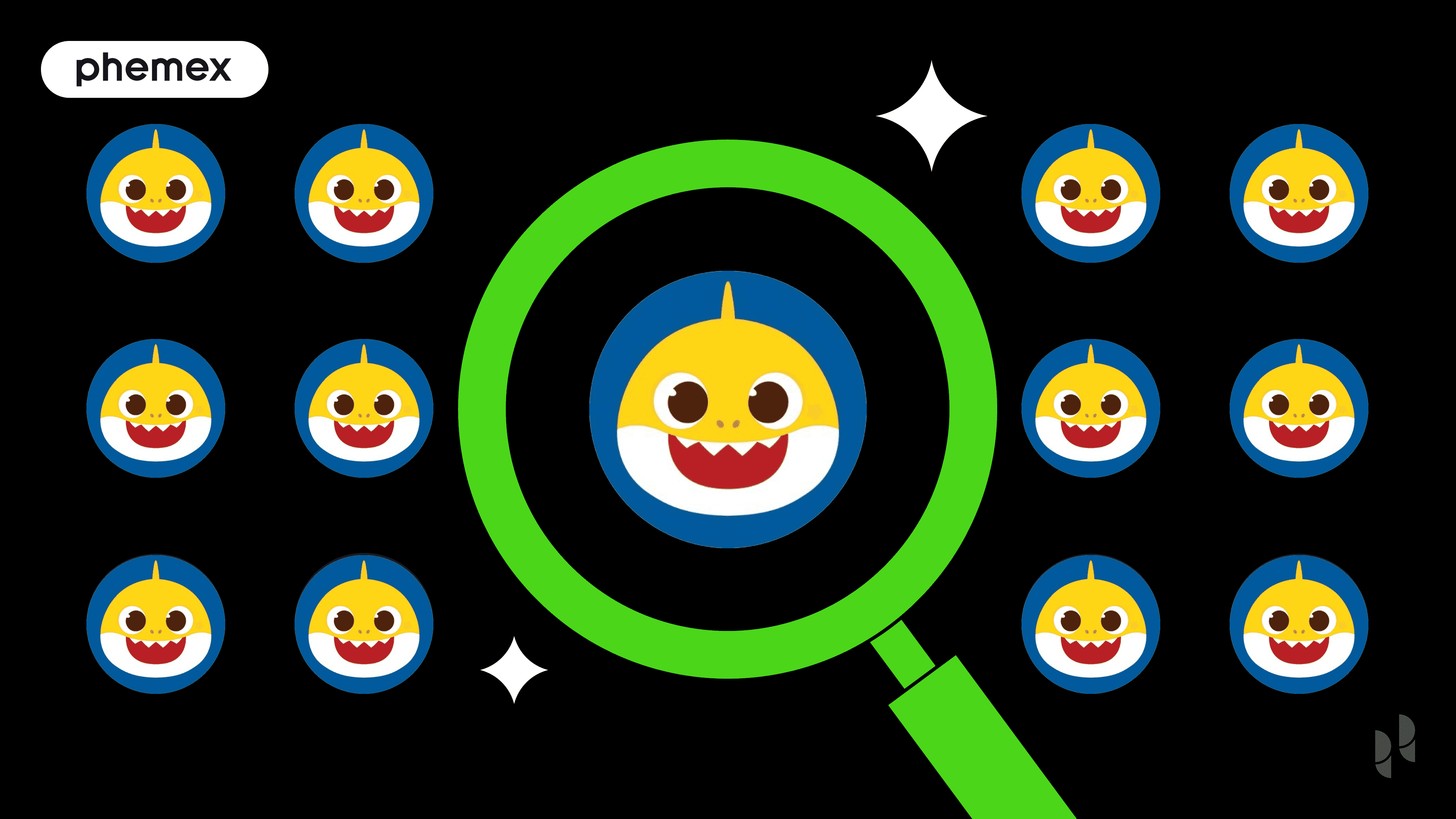What are Crypto Games?
Crypto games merge the worlds of gaming and blockchain, ushering in a transformative era that diverges significantly from the traditional gaming model. In the conventional gaming setup, the game's creators hold ownership over all in-game assets, such as characters, currency, and various items. This traditional model restricts players from owning their digital assets in a way that would allow for tangible value exchange or usage across multiple platforms.
However, blockchain technology revolutionizes this framework by instilling genuine asset ownership within the gaming structure. This innovation ensures that any item, character, or currency acquired or earned by a player genuinely belongs to them, with the capability to be sold, traded, or transferred across the expansive blockchain ecosystem. Thanks to the decentralized essence of blockchain, this level of asset control and interoperability was previously unattainable in online gaming.
Furthermore, crypto games capitalize on the concept of tokenization, representing in-game assets as digital tokens on the blockchain. This mechanism not only guarantees true ownership but also vests these digital assets with real-world value. Players engage in the game's economy, gaining crypto rewards through trading on decentralized marketplaces or via play-to-earn (P2E) strategies, receiving cryptocurrency for their in-game achievements and participation.
At the core of crypto games is a decentralization principle that elevates players to stakeholders within the game's universe and its economy. This democratized approach fosters the creation of not just engaging games but also inclusive, player-centric marketplaces. Such a shift is poised to cultivate vibrant, economically dynamic gaming ecosystems where players, developers, and other stakeholders exchange value in a transparent, secure setting.
This move towards decentralized gaming not only enhances the gaming experience but also signals the dawn of a new era where games become conduits to extensive virtual economies. As blockchain technology continues to blend with different facets of digital entertainment, the scope for crypto games broadens to include digital collectibles, virtual real estate, and more, heralding an age of enriched interactive digital experiences.
How do Crypto Games work?
Crypto games utilize blockchain technology to transform the gaming landscape, establishing a decentralized framework where players possess true ownership and autonomy over their in-game assets. This model starkly contrasts with conventional gaming paradigms, where assets remain under the developer's control and are confined to the game's environment. Blockchain empowers players to own, exchange, and employ their assets across multiple games and platforms, thereby infusing their digital accomplishments with tangible, real-world value.
These games operate under two main frameworks: fully decentralized and hybrid. Fully decentralized games are entirely built on the blockchain, ensuring that every component, from asset ownership to progression, is documented on a decentralized ledger. This ensures that changes cannot be made without the community's consensus, providing unprecedented transparency and security in online gaming. In this setup, players can freely trade, sell, or transfer their assets within the blockchain ecosystem, truly owning their digital assets.
Hybrid models merge traditional gaming elements with blockchain technology. Although these games might operate on central servers, blockchain aspects are integrated for specific functionalities like asset ownership and transactions on decentralized marketplaces. This integration permits players to trade in-game assets for cryptocurrencies or other assets, directly linking in-game achievements to real-world value.
Both models are revolutionary, redefining digital asset ownership and allowing for the accrual of real-world value, secure ownership, and cross-game utility of digital assets. This shift not only enriches the gaming experience with economic incentives but also pioneers a novel digital economy that bridges gaming with tangible financial systems.
Crypto games, by offering players control over their digital assets and connecting in-game activities to real-world value, are paving the way for a future where digital and physical economies merge. As blockchain technology advances and integrates further into the gaming sector, the possibilities for crypto games' growth and innovation are limitless, heralding a thrilling future for both gamers and developers.
The advantage of crypto games
Crypto gaming, powered by blockchain, heralds a transformative era in both the digital and gaming spheres, introducing several advantages that eclipse those found in traditional gaming frameworks. A prime benefit is the capability for players to garner passive income via play-to-earn (P2E) models, rewarding gamers for their participation and milestones achieved in the game, while simultaneously generating novel revenue streams for developers. This has led to a more dynamic and enduring ecosystem.
By weaving together advanced technologies such as Virtual Reality (VR) and Augmented Reality (AR) with blockchain, crypto games are setting new trends and expanding the realm of possibilities within the gaming industry. These innovations provide gamers with more immersive and interactive experiences, allowing for engagement with digital realms in ways that closely mimic real-life interactions. The synergy between blockchain and these advanced technologies is poised to revolutionize gaming experiences, offering unprecedented realism and interactivity.
Moreover, crypto games significantly contribute to the broader acceptance and understanding of blockchain and cryptocurrencies. By integrating these technologies into the widely accessible and popular medium of video games, developers are not only exposing a broader audience to these concepts but also showcasing their practical uses beyond mere financial transactions. This integration serves to demystify blockchain and cryptocurrencies, fostering wider acceptance and comprehension.
The economic models introduced by crypto games mark a substantial departure from traditional gaming paradigms. Players receive immutable ownership over their in-game assets, including characters, items, and virtual currencies, which can be traded, sold, or utilized across various games and platforms. This model of genuine asset ownership diverges from the conventional model, where in-game assets are confined to a single game and under the control of the game's developers. In the world of crypto games, the time and financial investments of players have the potential to offer real-world value and utility, extending the significance of these digital assets beyond the confines of the game itself.
In summary, crypto gaming is reshaping the landscape of entertainment and spearheading the creation of a new digital economy. This economy empowers players to actively engage and derive benefits from their gaming endeavors, propelling a shift towards economically inclusive gaming models. This evolution in gaming not only changes the perception and interaction with digital content but also heralds a future where gaming transcends mere entertainment to become a significant avenue for investment and earning potential.
The disadvantage of Crypto Games
The realm of crypto gaming, brimming with innovative potential and opportunities for financial rewards, also harbors significant challenges and limitations that necessitate careful consideration from both gamers and investors. One of the primary hurdles is the substantial entry cost associated with premier games like Axie Infinity, which might require considerable initial investment, potentially deterring new or casual players who are hesitant or unable to allocate significant funds from the outset. This financial barrier can limit the wider accessibility and appeal of crypto gaming, possibly hampering the growth and diversity of its community.
Security concerns also loom large within the crypto gaming ecosystem, as the blockchain technology that underpins its unique advantages simultaneously introduces vulnerabilities to scams, hacks, and user errors, leading to possible asset losses. The inherent decentralized structure of blockchain complicates asset recovery, underscoring the importance of robust security practices and awareness among participants.
In comparison to their traditional counterparts, many blockchain-based games currently fall short in terms of gameplay quality, graphics, and user engagement, primarily due to their nascent stage of development. Nevertheless, as blockchain technology continues to advance and more investment flows into the sector, the quality of crypto games is expected to improve, gradually closing the gap with traditional video gaming experiences.
Moreover, the speculative nature of investments in the crypto gaming sphere, especially regarding games of chance, introduces a risk of loss, urging players to adopt a cautious and informed approach to crypto gaming, mindful of the associated risks and the speculative dynamics at play.
In essence, navigating the evolving landscape of crypto gaming demands prudence, informed decision-making, and a nuanced understanding of its benefits and drawbacks. Gamers and investors alike must balance the enticing prospects of crypto rewards against the potential risks and challenges, aiming to make well-informed decisions within the crypto gaming domain.
Read More
- Analysis: The Future of Blockchain Games: Will Gaming Decentralize?
- What is GameFi &How does it Work?
- The Future of Blockchain Gaming
- What is GameFi: The Start of Virtual Reality Through Cryptocurrency?
- Top 7 Best Play-To-Earn Crypto NFT Games 2022
- What Are Crypto Tokens? How Do They Work?
- What is Cryptocurrency & How does it Work?
- What is Blockchain Technology: The Biggest Misconception About It







